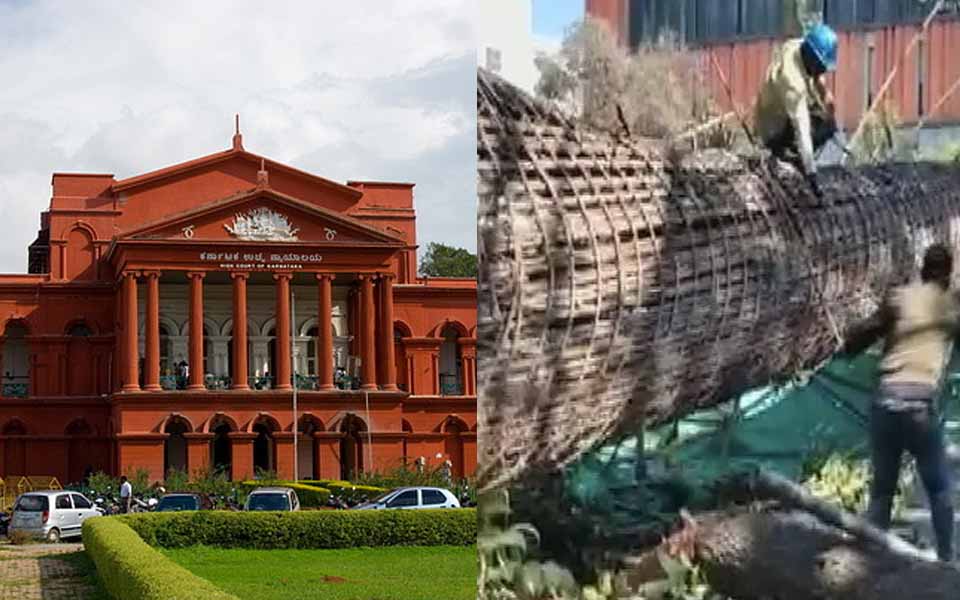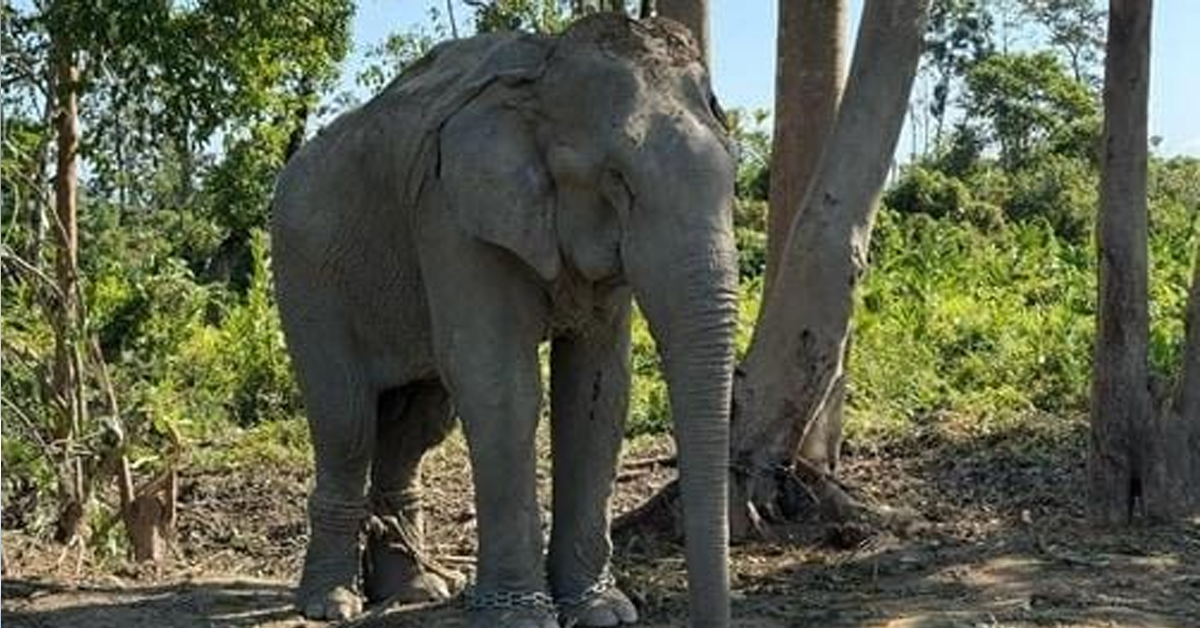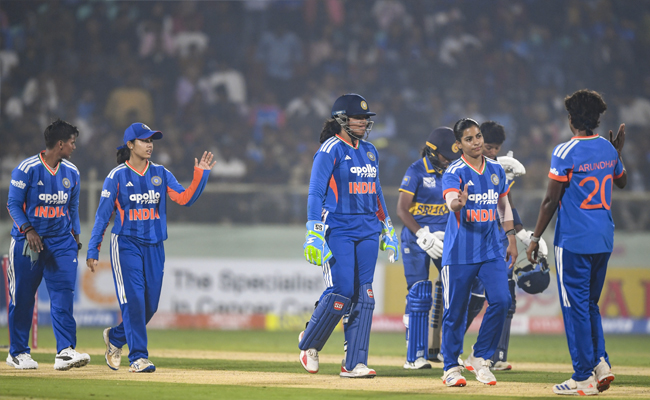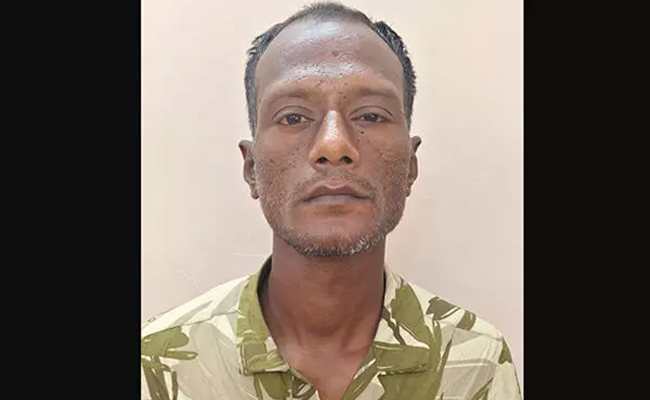Bengaluru, Jan 13: The High Court of Karnataka on Friday initiated a suo motu (on its own) public interest litigation on the death of a woman and her child due to the collapse of an under-construction Bengaluru Metro pillar pier here.
Commencing the hearing on the PIL petition, Chief Justice Prasanna B Varale and Justice Ashok S Kinagri cited news reports about the accident and expressed concern.
The reinforcement cage of an under-construction pier collapsed and fell on a two-wheeler near HBR Layout here on January 10, causing the death of a woman and her child.
The court sought answers from officials concerned on the safety measures undertaken and whether tender documents specified safety measures.
It also asked whether the state government has issued orders on the safety measures and fixed the responsibility of contractors and officials involved in the construction.
The HC included the State, Bruhat Bengaluru Mahanagara Palike (BBMP) and the Bangalore Metro Rail Corporation Limited (BMRCL) as the respondents in the case.
Notices were ordered to be issued to the respondents and the hearing was adjourned.
Tejaswini, a 28-year-old software engineer and her toddler son died in the incident while her husband and daughter escaped.
The BMRCL has sought the help of the Indian Institute of Science (IISc) to conduct an independent probe into the matter and also suspended its engineers involved in the construction.
An FIR has been registered against Nagarjuna Construction Company and seven others including a BMRCL deputy chief engineer and an executive engineer.
Let the Truth be known. If you read VB and like VB, please be a VB Supporter and Help us deliver the Truth to one and all.
Pilibhit (PTI): A 19-day-old elephant calf, brought from Bijnor, was placed under care at the Pilibhit Tiger Reserve (PTR) on Sunday, an official said and added that the calf got separated from its mother in the forest area of Bijnor.
The calf was born on December 2 in the Bijnor forest area and got separated from its mother shortly after birth, the official said.
The forest department made several attempts to reunite it with its mother, but without any success. To ensure the calf's safety and better care, it was decided to transfer it to the Pilibhit Tiger Reserve on the instructions of senior officials.
On Saturday, Deputy Director Manish Singh received the calf. Special arrangements have been made in the reserve for its care. It has been kept in a safe and clean environment to provide it with a natural setting and protect it from external noise and disturbances.
Singh told reporters that raising an 19-day-old calf is challenging.
It requires a special diet as a substitute for mother's milk and constant monitoring.
He said a special team has been formed to provide 24-hour care. Since the calf is very young, it is being cared for like a newborn baby.
According to Singh, the primary responsibility for monitoring the calf's health has been entrusted to PTR's veterinarian, Dr Daksh Gangwar. Under his supervision, a complete record of the calf's health checkups, diet, and body temperature is being maintained. The team is ensuring that the calf does not contract any infection.





